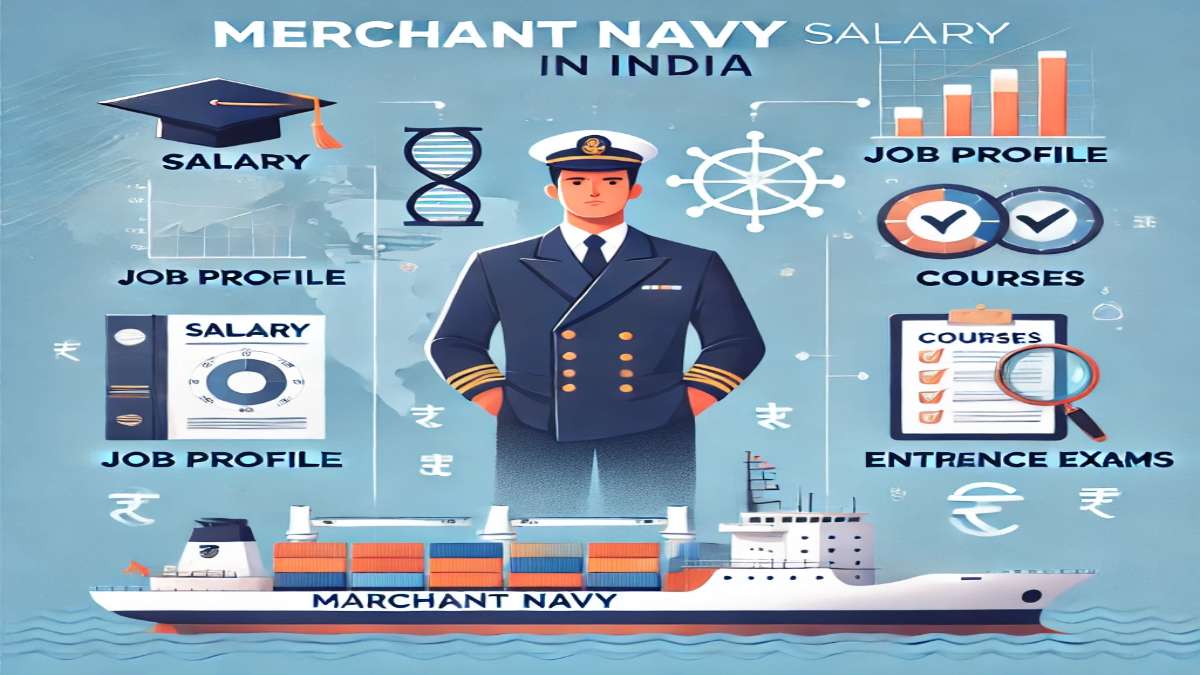Last Updated on January 20, 2017 by Bharat Saini
National Electronic Funds Transfer (NEFT) is a nation-wide payment system facilitating one-to-one funds transfer. Under this Scheme, individuals can electronically transfer funds from any bank branch to any individual having an account with any other bank branch in the country participating in the Scheme. NEFT operates on a Deferred Net Settlement (DNS) basis which settles transactions in batches. In DNS, the settlement takes place with all transactions received till the particular cut-off time. These transactions are netted (payable and receivables) in NEFT. Any transaction initiated after a designated settlement time would have to wait till the next designated settlement time. There is no limit either minimum or maximum on the amount of funds that could be transferred using NEFT. However, maximum amount per transaction is limited to Rs. 50,000 for cash based remittance within India and also for remittances to Nepal under the Indo-Nepal Remittance Facility Scheme.
Real-Time Gross Settlement (RTGS) systems are specialist funds transfer systems where transfer of money or securities takes place from one bank to another on a continuous “real time” and on “gross” basis. Settlement in “real time” means payment is not subjected to any waiting period and transactions are processed continuously throughout the RTGS business hours. “Gross Settlement” means the settlement of funds transfer instructions occurs individually, on an instruction by instruction basis, without netting. Considering that the funds settlement takes place in the books of the Reserve Bank of India, the payments are final and irrevocable. The RTGS system is primarily meant for large value transactions and minimum amount to be remitted through RTGS is Rs. 2 lac.
Immediate Payment Service (IMPS) offers an instant, 24 × 7 × 365, interbank electronic fund transfer service using Net banking on an internet powered laptop or PC or through ATM or mobile phones. IMPS is an emphatic tool to transfer money instantly from one account to any other account within banks across India which is not only safe but also economical both in financial and non-financial perspectives. The beneficiary account is credited immediately when a fund transfer request is made from your side. This facility is provided by National Payments Corporation of India (NPCI) through its existing NFS switch.
National Payments Corporation of India (NPCI) is an umbrella organization for all retail payments system in India. It was set up with the guidance and support of the Reserve Bank of India (RBI) and Indian Banks’ Association (IBA). The RBI, after setting up the Board for Regulation and Supervision of Payment and Settlement Systems (BPSS) in 2005, released a vision document incorporating a proposal to set up an umbrella institution for all the Retail Payment Systems in the country. The core objective was to consolidate and integrate the multiple systems with varying service levels into nation-wide uniform and standard business process for all retail payment systems. The other objective was to facilitate an affordable payment mechanism to benefit the common man across the country and help financial inclusion.
Unified Payments Interface (UPI) provides a payments architecture that is directly linked to achieving the goals of universal electronic payments, a less cash society, and financial inclusion, using the latest technology trends, laid down in the RBI Payment System Vision Document (2012-15). UPI is a payments system interoperable between banks – just like a cheque, debit card, or a mobile wallet. It’s based on the IMPS (Immediate Payment Service) system and its available 24 × 7, even on Sundays and holidays. The UPI is a payments system that can be used to transfer money between friends and family or to pay to landlord, or to make a payment at a shop, or to buy something online. The money will be debited from bank account, and transferred to the recipients account instantly and securely.


